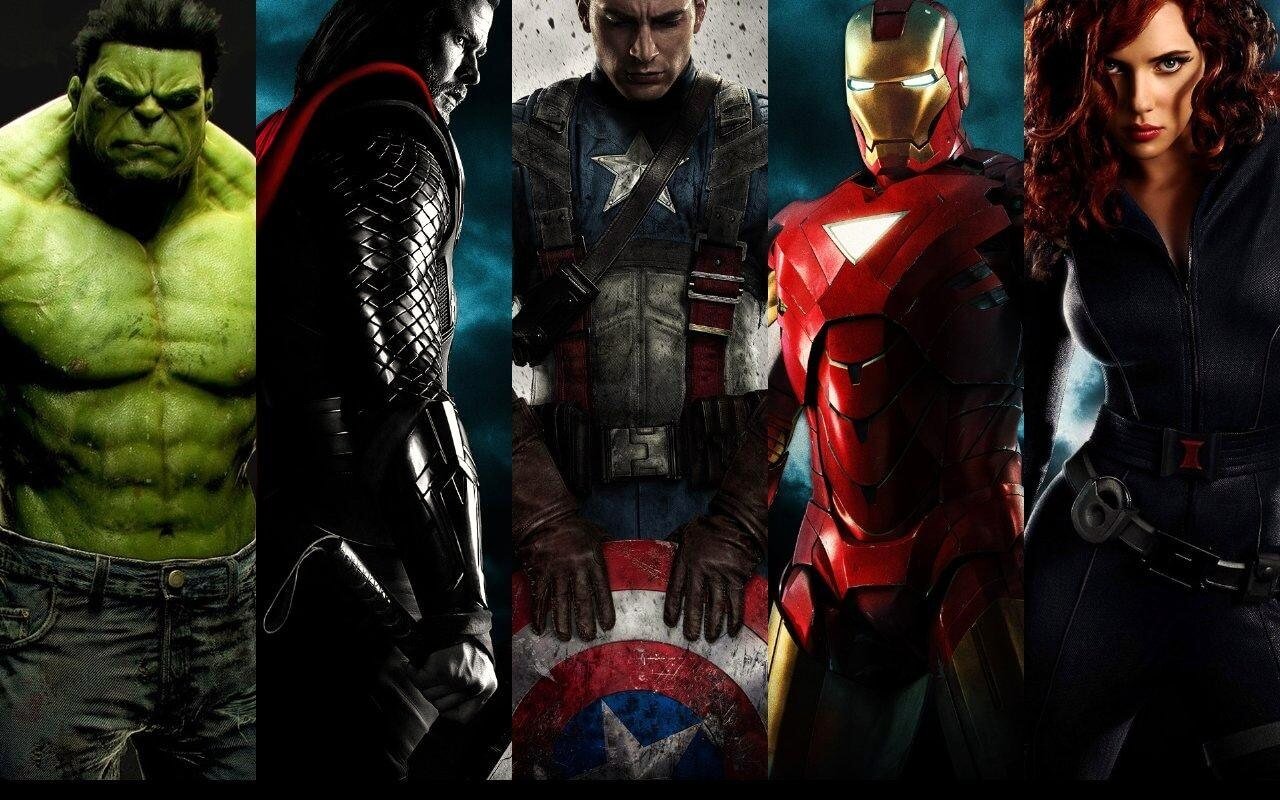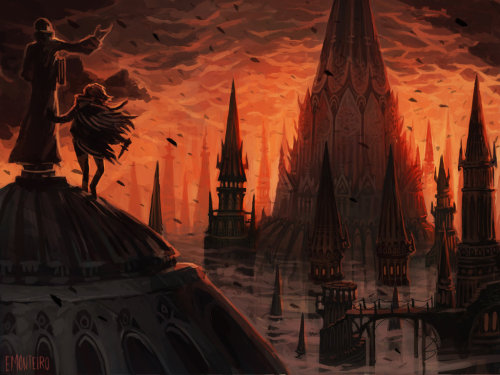Tuesday, April 8, 2014
A Connected Universe - the benefits of Crossover. by Mike Fatum
It was a moment we all knew was coming. It had been in all the trailers, the TV spots, even some of the posters. Yet, despite every surprise that had come before and would come after, nothing got a cheer in the theater the way that one, single shot did. The Avengers, standing back to back in a circle, the camera panning around, the Hulk roaring at the sky. It was a moment we'd all been waiting our whole lives for, come to life, impossibly, in front of us.
It was a moment no one would ever forget. But why was this moment, one that Marvel had been building to since their first movie as an independent studio, so important to the fans?
The answer lies in a Connected Universe.
Comic books have an advantage that movies and television have never really had. Because the only limit to what can happen in a story is the limit of the author's and artist's imagination, it's easy to create stories that would be impossible in other forms of entertainment. It's because of this that comics were able to pioneer the crossover. Detective Comics was one of the first to promote it - starting with the team up comic "The Brave and the Bold," and then in issue 28, launching the Justice League. Marvel would soon follow with a team-up of their own, called the Avengers. This idea of the main characters of different comics being associates, even friends, caught on quickly, and a hundred different super teams have followed since.
A simple crossover, however, is not a Connected Universe. Just because Spider-man popped over to Captain America's comic for an issue, or the Profiler jumped into the Pretender's TV show, it doesn't create the sense of wonder that the Marvel Cinematic Universe has inspired in the legions of fans they've developed today. So what makes it different? Let's take a look at a different Connected Universe for an example.
As wonderful and literate a group of people you are, I imagine you're familiar with the works of Brandon Sanderson. If not, go read a book of his. You'll enjoy it. On first read, it seems like Sanderson's many books (the dude is insanely prolific) take place on different worlds, and different settings. However, a quick turn around the fansites and wiki pages that talk about his books reveals an interesting secret: many of these settings are all part of the same universe. It's called the Cosmere, and if you read carefully enough, you'll find characters, plotlines, and important props jumping from one world to another in a mysterious thread throughout his stories. The end of his most recent book, Words of Radiance, is pretty creepy if you've never read another of his books, but downright terrifying if you've read Warbreaker.
Sanderson's style of writing encourages fans to dive deeper into his works, and rewards them for their diligence with new knowledge of the Cosmere. The Marvel movies do the same thing - a normal fan might not have gone nuts in the after credits scene of Thor 2, but the two simple words "infinity stone" brought us crazy fanboys out of our seats.
A Connected Universe is deeper than a crossover or two. It's a universe where Spider-man failing to stop a terrorist plot can lead to dire consequences in Captain America's book. Where one man's mistake in Elantris can lead to another man's triumph in Way of Kings. It's not obvious, and you can enjoy the worlds and stories without knowledge of the inter connectivity. But to the fan with the time and interest, the worlds become infinitely deeper and more interesting because their creators took the time to connect their worlds. It's a rewarding journey for the fans and the creator.
Not every universe will lend itself to being a Connected Universe. But man, is it fun when they do.
Mike Fatum is the Editor in Chief and Podcast Host for the Ace of Geeks. His loves include comics, science fiction, fantasy and video games. His hates include salads, laptop trackpads, and cell phones that won't let you take out their batteries.
Did you enjoy this article? Follow us on Facebook to get more great content! We have a weekly podcast you can find on our main site. Also follow us on Twitter and Tumblr!


No comments:
Post a Comment